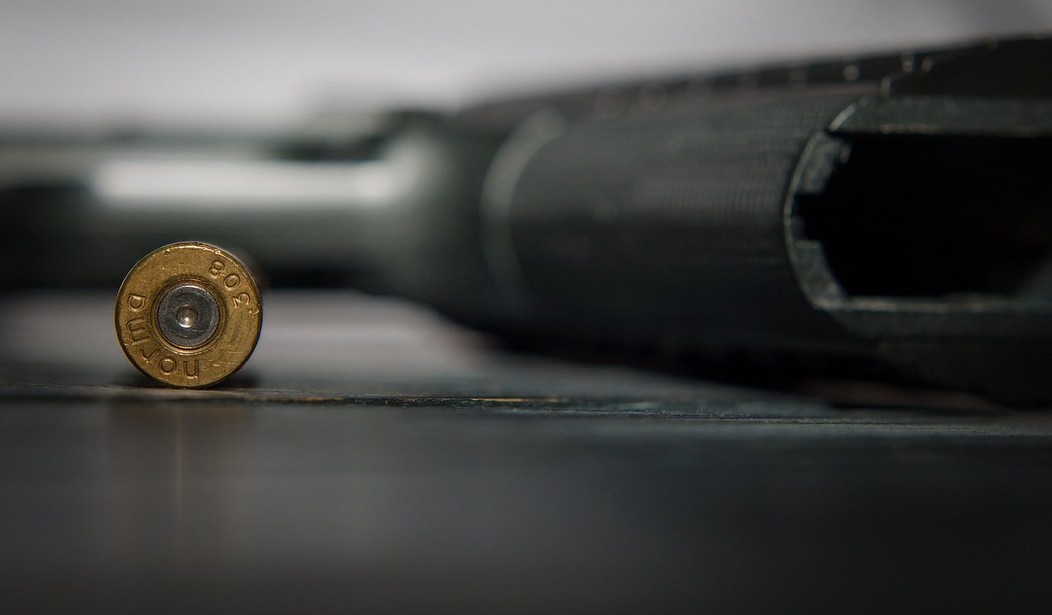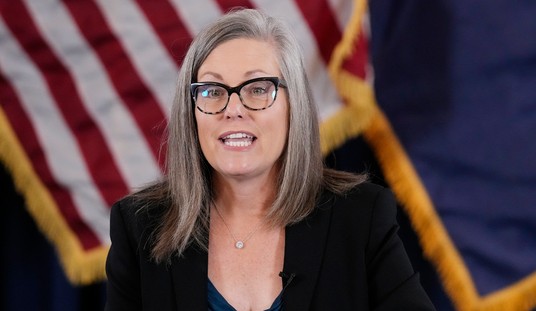While the ATF’s new rules regarding DIY gunmaking kits are still in effect (with gun control activists pushing for even more restrictions), portions of the state of Delaware’s recently enacted ban on making and possessing unserialized firearms has been put on ice, at least for now.
On Friday U.S. District Court Judge Maryellen Noreika shot down a request by Delaware Attorney General Kathleen Jennings to dismiss the lawsuit outright, and instead granted the plaintiffs their request for a preliminary injunction blocking the provisions from being enforced, saying in her opinion that the gun owners who sued are likely to prevail at trial. Moreover, the judge ruled that if the laws remain enforceable then the plaintiffs face irreparable harm” because they could be subjected “criminal penalties should they engage in conduct protected by the Second Amendment.”
Noreika said Jennings had offered no evidence to support her assertion that the prohibitions don’t burden protected conduct because untraceable firearms are “not in common use and typically possessed by law-abiding citizens for lawful purposes.”
Jennings similarly failed to substantiate her argument that the prohibitions on possession and manufacturing are “consistent with the nation’s historical tradition of firearm regulation.”
While that’s great news, there were still some troubling aspects to the judge’s decision, including the fact that she allowed for the state’s ban on sharing files to 3D-print a firearm to remain in place.
At the same time, however, Noreika said restrictions on the distribution of unfinished firearm frames or components do not unduly burden a person’s Second Amendment rights. She noted that such components are still available if they include serial numbers and manufacturer information and are obtained from federally licensed gun dealers.
The judge also held that a provision restricting the distribution of instructions for using a three-dimensional printer to produce a firearm or component is not an unjustifiable regulation of speech under the First Amendment.
“The statute prohibits only the distribution of functional code,” the judge wrote. “It does not prohibit gunsmiths and hobbyists from exchanging information about how to use their 3D-printer to manufacture a firearm, or for instructing individuals on how to program their 3D-printer to make the firearm of their choice.”
But the distribution of functional code should be protected speech as well, especially if making a gun at home is protected by the Second Amendment. How can the government suppress the dissemination of instructions on how to make an item that is legal to both manufacture and possess without infringing on the First Amendment rights of hobbyists and homemade gun makers?
That portion of Noreika’s opinion was odd, to say the least, but the attorneys at the Firearms Policy Coalition, which launched the legal fight against Delaware’s “ghost gun” rules, are still rightfully pleased with some of the restrictions being suspended.
“The self-manufacture of arms is deeply rooted in American history,” said FPC Law’s Director of Constitutional Studies, Joseph Greenlee. “It has been a celebrated tradition since the earliest colonial days, it helped save America’s war for Independence, it was essential to western expansion, and it has led to many of the most innovative technological breakthroughs in our nation’s history. We are pleased that the court recognized this essential element of the right to keep and bear arms and will continue to fiercely advocate for its protection.”
“Yet another Court has recognized the expansive natural and individual right that is protected by the Second Amendment–in this case, the individual right to manufacture one’s own self-defense tools,” said Cody J. Wisniewski, FPC’s Senior Attorney for Constitutional Litigation. “FPC has notched another post-Bruen win, not only demonstrating how important the Supreme Court’s Bruen decision is, but further demonstrating that FPC has the most effective and expansive program dedicated to fighting for individual’s Second Amendment protected rights in courtrooms across the nation.”
“Limiting the means by which peaceable people acquire arms is about one thing: the unconstitutional and immoral monopolization of power,” said FPC Director of Legal Operations Bill Sack. “The state is not entitled to cut off access to self-manufacturing of arms under the Second Amendment, period.”
According to the FPC, Noreika’s decision marks the first time that a federal court has upheld the right to build a gun as protected activity under the Second Amendment. Given that there are similar challenges underway in a number of other states, hopefully it won’t be the last.









Join the conversation as a VIP Member